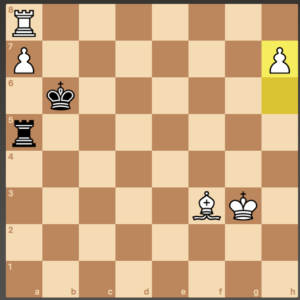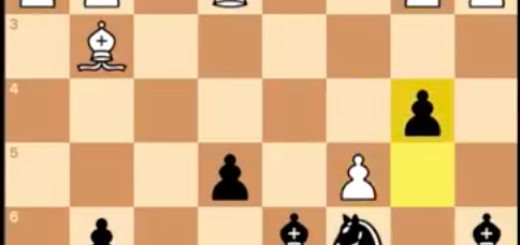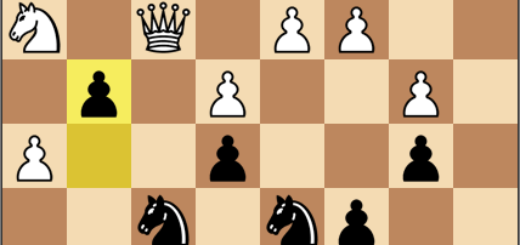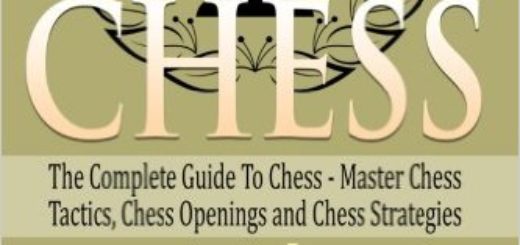Quick Chess Tips for Chess Beginners
Quick Chess Tips for Chess Beginners
Chess Tips – Chess Strategy- Learn Chess
Are you new to the game of chess?
Perhaps you’ve been playing chess for quite a while and would like to brush up on your skills…
Or maybe you’re just looking to get back in the game of chess.
Regardless, today we’ll cover some quick chess tips that will give your chess skills a quick level up.
Quick Chess Tips
1) Protect Your Pawns/Value Your Pawns
I covered this in many articles but it can’t be said enough, as new chess players tend to undervalue their pawns, and underestimate their opponent’s pawns. Make no mistake, pawns will many times make the difference in the chess match.
Why pawns?
For one, when the game is coming to an end, the opponent with more pawns will have the advantage.
Why else?
A few reasons:
(1) Pawns can be promoted to a queen if they reach the other side of the chessboard.
Allowing your opponents pawn to reach near the their side of the chessboard will cause a heap of concerns. While they may be attempting checkmate on your King and your focused on preventing checkmate, you will also have to concentrate on preventing a pawn becoming a queen.
Even if their pawn doesn’t make it all the way, many times, a high ranking chess piece will have to be sacrificed in order to capture the pawn.
(2) Pawns can result in checkmate.
Since most beginner chess players tend to not pay much attention to pawns, they generally end up surprised when they are placed in check by a bishop, queen, knight, or rook, only to find they are in checkmate because a pawn is preventing the King from moving. This has happened to myself many times when first learning how to play chess, and I have now defeated opponent’s with pawns in the right position, either placing the King in checkmate, or being part of placing the King in checkmate.
(3) They can be used to protect your high ranking chess pieces
When you place a knight in the middle of the chessboard, it’s also much better when a pawn is to its diagonal keeping it safe.
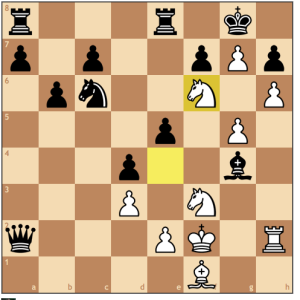
Both light knights are protected by pawns (and the knight is also in a position where the King is in check, and the rook will be captured on next move
2) Castle as Soon as You Can
If you don’t know how to castle in chess, click here. If you do, be sure to use this move as soon as you can. When you castle, you not only place your rooks in a better position, you also place your King in a much safer position. When I was first learning chess, I didn’t bother to castle much, and my playing skills suffered as a result.
Once I started castling, my chess game improved substantially, and I was in a much better position to keep my King safe, and opponent’s at bay.
3) Anticipate Future Chess Moves
Chess is a thinking game. It involves not only being able to play out a few moves ahead, but be able to anticipate your opponent’s future moves. While developing this ability comes over time from playing and developing a feel for what moves your opponent will make, it’s still important to look ahead and see how one move may effect the next 2 or 3.
This is what separates good chess players from the great, the ability to anticipate a few moves ahead, and either prevent their opponent’s move before they happen, or have their opponent play right into their moves.
Learn More:
Learn Chess 101: Learn How to Play Chess, the Rules of Chess & Basic Chess Strategy
Learn Chess Strategy
Learn How to Correctly Set Up a Chessboard
Learn How to Castle in Chess
Learn How to Perform the En Passant Capture in Chess
How to Checkmate in 2 Moves (Fool’s Mate)
How to Checkmate in 3 Moves


